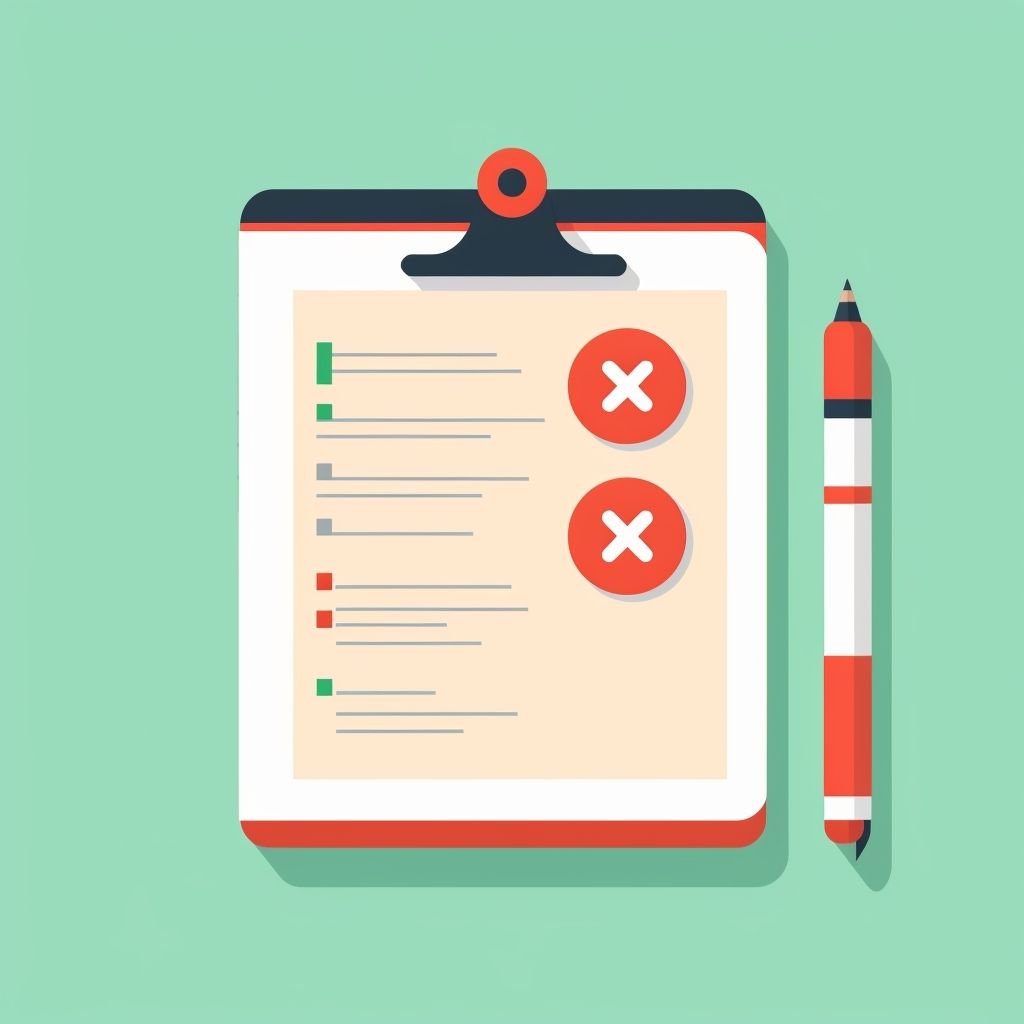Depression and Motivation: Coping Strategies for Lack of Motivation

When it comes to mental health, the connection between depression and motivation is a crucial area of focus. Depression, a complex and debilitating mental health condition, can have a profound impact on an individual’s motivation levels. The lack of motivation experienced by those with depression can further exacerbate their struggles and hinder their ability to lead fulfilling lives.
In this article, we dig into the intricate relationship between depression and motivation, highlighting the importance of addressing this issue for individuals dealing with depression. We will explore various coping strategies and practical tips to help overcome the lack of motivation commonly associated with depression.
Overview of Depression
Depression is a mental health disorder characterized by persistent feelings of sadness, hopelessness, and a loss of interest or pleasure in activities once enjoyed. According to the World Health Organization (WHO), more than 264 million people of all ages suffer from depression globally.

It is important to note that depression is a prolonged state of emotional distress that significantly affects daily functioning and quality of life that can affect anyone, regardless of age, gender, or background.
Common symptoms of depression include:
- Persistent sadness or low mood
- Fatigue and lack of energy
- Feelings of worthlessness or excessive guilt
- Difficulty concentrating or making decisions
- Changes in appetite and weight (either loss or gain)
- Sleep disturbances (insomnia or excessive sleep)
- Loss of interest in previously enjoyable activities
- Restlessness or slowed movements
- Recurring thoughts of death or suicide
Suggestion…
Understanding Depression: Causes, Symptoms & Treatment Options
Relationship between Depression and Lack of Motivation
Feeling depressed and unmotivated can form a negative cycle. As depression sets in, motivation decreases. The persistent feelings of sadness, fatigue, and hopelessness that accompany depression can drain an individual’s energy and enthusiasm, leading to reduced engagement in activities that would typically bring pleasure or a sense of accomplishment.
For people with depression, there is no motivation to work or even to get out of bed. This withdrawal from activities can further reinforce feelings of sadness, perpetuating the cycle of depression and lack of motivation.
Impact of Motivation on Recovery
To manage depression symptoms, motivation plays a vital role in the recovery process. Here’s why:
- Motivation is essential for individuals to seek professional help, engage in therapy, and adhere to treatment plans. The desire to get better and actively participate in the healing process can significantly impact the effectiveness of treatment interventions.
- Motivation acts as a driving force for adopting and maintaining healthy lifestyle habits. Engaging in regular exercise, practicing self-care, improving sleep patterns, and fostering social connections are all important aspects of managing depression.

- Recovery from depression may involve facing challenges and setbacks along the way. Motivation helps individuals persevere during difficult times, maintaining a sense of hope and determination. It provides the resilience needed to navigate obstacles and continue striving for better mental health outcomes.
| Read More: Depression and Low Energy: Coping Strategies for Depression Fatigue!
Tips for Finding Motivation When Depressed
Each individual’s journey with depression is unique, and it’s important to adapt the tips below to your own preferences and abilities. Start with small steps, be patient with yourself, and celebrate even the smallest victories along the way.
Manage to Get Out of Bed

Start with small steps! Begin by setting a goal to get out of bed at a specific time each day, even if it’s just a few minutes earlier than usual. Gradually increase the time as you feel more comfortable.
It is hard, we know! Try the options below:
- Set your alarm to play the playlist of your favorite upbeat and motivational songs, so when you wake up, you’ll be greeted by uplifting music that can help you start your day on a positive note.
- Choose a small reward for yourself that you can enjoy in the morning; a delicious cup of coffee or tea, a tasty breakfast, reading a book or watching a funny video.
- Keep a jar by your bedside and fill it with small notes each morning. Write down one thing you are grateful for, such as a good night’s sleep, a supportive friend, or a sunny day. Place the note in the jar, and over time, you’ll have a collection of positive reminders to lift your spirits.
- Engage in gentle stretching exercises or a short yoga routine right after getting out of bed. This can help awaken your body, increase blood flow, and boost your energy levels.
- Consider going for a short walk outside to get some fresh air and sunlight if possible.
Set a Sleep Schedule
Aim to go to bed and wake up at the same time every day to regulate your sleep patterns. Create a calming bedtime routine, such as reading or taking a warm bath, to signal to your body that it’s time to relax and prepare for sleep.

Choose an Energy-Boosting Diet

Foods rich in tryptophan, such as turkey, salmon, nuts, and seeds, can help increase serotonin levels. Additionally, research has indicated that certain bacteria found in fermented foods like yogurt may have positive effects on mental health, reducing anxiety and increasing energy levels.
Reduce Overwhelming Tasks and Have a Routine
Break tasks into smaller steps. Divide overwhelming tasks into smaller, manageable actions. Set realistic goals for each day and prioritize what needs to be done. Creating a routine that incorporates these tasks can provide structure and a sense of accomplishment.
Focus on attainable goals and actionable steps. This allows you to experience a sense of achievement and progress, which can boost motivation. Recognize and appreciate even the smallest tasks and achievements.

Exercise

Start with light exercise. Engage in gentle activities such as walking, stretching, or yoga. Gradually increase the intensity and duration as your energy and motivation improve. Regular exercise can boost mood, increase energy levels, and overcome lack of motivation in depression.
Socialize and Seek Emotional Support
Start with small social interactions. Reach out to a trusted friend or family member for a brief conversation or meet for a walk in a quiet setting. Gradually increase social interactions at your own pace, attending support groups where you can connect with others who understand your experiences.

Engage with Children and Nature

Spending time with children can bring a sense of playfulness and inspiration, and evoke feelings of joy and hope. Also, being around plants and nature has been linked to the release of hormones like serotonin and dopamine, which can reduce symptoms of depression and motivation will be the result.
Avoid Negative Thoughts
According to the Journal of the Association for Psychological Science, one effective way to empty the mind of negative thoughts is to write them down on paper and throw it away, symbolizing letting go of those thoughts and creating mental space for more positive thinking.

Another way to welcome happy thoughts is Listening to music that elicits positive emotions can help shift the focus of the brain towards more pleasant thoughts. Choose music that resonates with you personally and makes you feel uplifted.
Also, Taking a 5-minute meditation break daily can provide a mental reset and promote a sense of calm. Engaging in simple breathing exercises and mindful awareness can help reduce stress, anxiety, and negative thinking patterns.
Also Might Be Interesting to Read…
HealWiser’s Last Piece of Advice
To our readers, we offer a message of hope and support. You are not alone in your struggles, and there is help available. Reach out to loved ones, seek professional guidance, and lean on support networks to navigate the challenges of depression and motivation.
You have the strength within you to overcome obstacles and embrace a life filled with motivation and well-being. Take the first step today and embark on your journey towards a fulfilling and meaningful life.
Share your experience with HealWiser and others in the comments section below this post.






